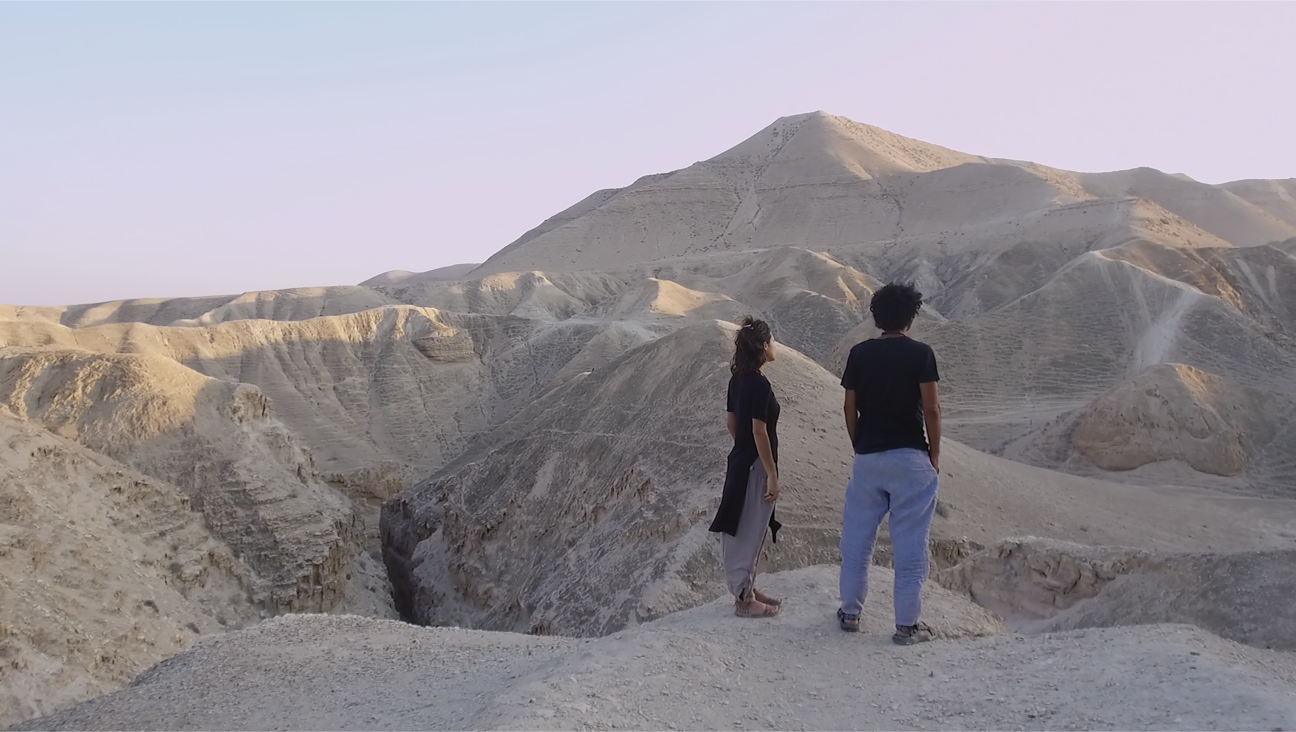Sharon Centers on What’s Left
Since independence 58 years ago, Israel’s political system has lacked a true center. This week, Ariel Sharon decided to try to find it, and in the process, rewrite the history of the Jewish state.
The prime minister’s jettisoning of his Likud connections is more than just politics become personal on a scale not seen since David Ben-Gurion left Mapai in the mid-1960s to form Rafi. Sharon’s formation of a new party is nothing less than a courageous, or foolhardy, gamble to find Israel’s elusive political center — or perhaps create one, if need be.
Sharon seems to think he knows who these closet centrists are. Indeed, he is staking his political legacy on them: weary but financially comfortable Israelis who after five years of intifada just want to make peace with the world. Whether such a swath of the electorate truly exists, and whether the prime minister is vindicated, will be known only when the polls close March 29.
What the prime minister most certainly has done is send shockwaves through the national religious movement. Sharon’s bolting from Likud, which he prided himself on founding back in 1970 — a claim, incidentally, that Menachem Begin considered not to be entirely correct — has the right scrambling to find its place on Israel’s redrawn political map.
It is the second time the national religious movement has had to do so in the last two weeks. Shimon Peres’s defeat to Histadrut firebrand Amir Peretz pulled the Labor Party several degrees to the left of the Israeli mainstream, putting in stark relief the party’s disconnect with the rest of the nation.
More importantly for the national religious camp, this development seemingly ensured that Sharon’s threat to split the Likud would not come to pass. Without Peres playing Sancho Panza to Sharon’s Don Quixote, it seemed that the prime minister would be unable to desert his own party. Peretz made clear he had no intention of forming a grand coalition, leaving Sharon no choice but to duke it out with Benjamin Netanyahu and Uzi Landau. Finally, it was believed, Sharon would be handed his just deserts and be removed from power in the upcoming Likud primaries.
However, Sharon was not to be stopped. Even while maintaining that he could have defeated all comers had he stayed in the party, he left Likud, bringing with him, for starters, 14 renegade Knesset members.
Among the biggest losers in all this political maneuvering, according to some polls, is the national religious camp. The movement, say the pundits, should expect a major drop in parliamentary support in the March 2006 elections.
Yet even before Sharon dropped his bombshell and his party, the National Religious Party, Moledet and Tekumah were talking about establishing one nationalist electoral bloc. The like-minded Yisrael Beiteinu has been wavering on joining this bloc, focusing instead on its Russian-speaking base now that Likud stalwart Natan Sharansky has left politics, but it, too, may come around to some kind of cooperation with its fellow nationalist parties.
The right-wing parties need no reminder that Yitzhak Rabin’s victory in 1992, which brought on the now discredited Oslo peace process, was in part their fault. By failing to unite, they ended up splitting the anti-Labor popular sentiment. Some 90,000 votes were cast for the parties that did not make the parliamentary threshold, which ultimately cost the right the election.
The question, however, is whether such a reminder is relevant for the upcoming elections. This is not just about the prime minister’s arch-nemesis, Benjamin Netanyahu, labeling Sharon’s new party “Labor B” in an attempt to keep Likud voters in the fold. Sharon himself seems to be operating under the assumption that the right-wing vote is no longer of consequence.
The ideology that brought Sharon to power has been destroyed, first by Oslo and then by his own hands, with this summer’s disengagement from Gaza. The prime minister now appears to have a new agenda. The Land of Israel, he seems to believe, is not a value but a commodity that can be traded. The Jewish communities living beyond the Green Line, he seems to believe, have little of the pioneering quality that has long defined the Zionist ethos.
In place of his discarded ideology, Sharon is now putting his faith in what he believes to be the center of the Israeli electorate. Whereas previously the center was a marginally small segment of the population, comprising dissatisfied and floating voters, Sharon believes that his policies over the last couple of years have created a firm, durable center — one that can be his, in a most personal sense.
If he is correct, then the right-wing parties, and the national religious movement in general, have a serious problem indeed.
Yisrael Medad, a spokesman for the Yesha Council of Jewish Communities in Judea, Samaria and the Gaza District, is director of resource information at the Menachem Begin Heritage Center in Jerusalem.
A message from our Publisher & CEO Rachel Fishman Feddersen

I hope you appreciated this article. Before you go, I’d like to ask you to please support the Forward’s award-winning, nonprofit journalism during this critical time.
We’ve set a goal to raise $260,000 by December 31. That’s an ambitious goal, but one that will give us the resources we need to invest in the high quality news, opinion, analysis and cultural coverage that isn’t available anywhere else.
If you feel inspired to make an impact, now is the time to give something back. Join us as a member at your most generous level.
— Rachel Fishman Feddersen, Publisher and CEO























